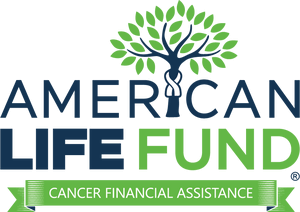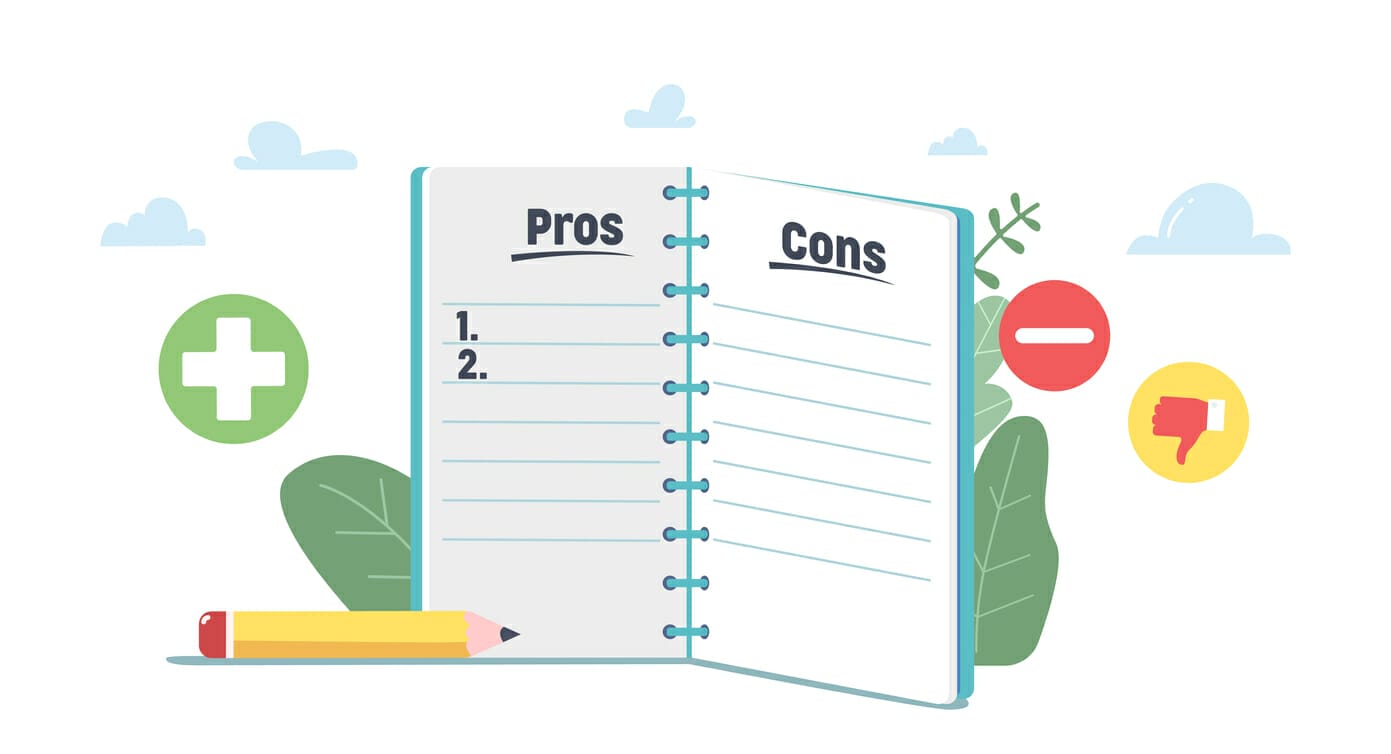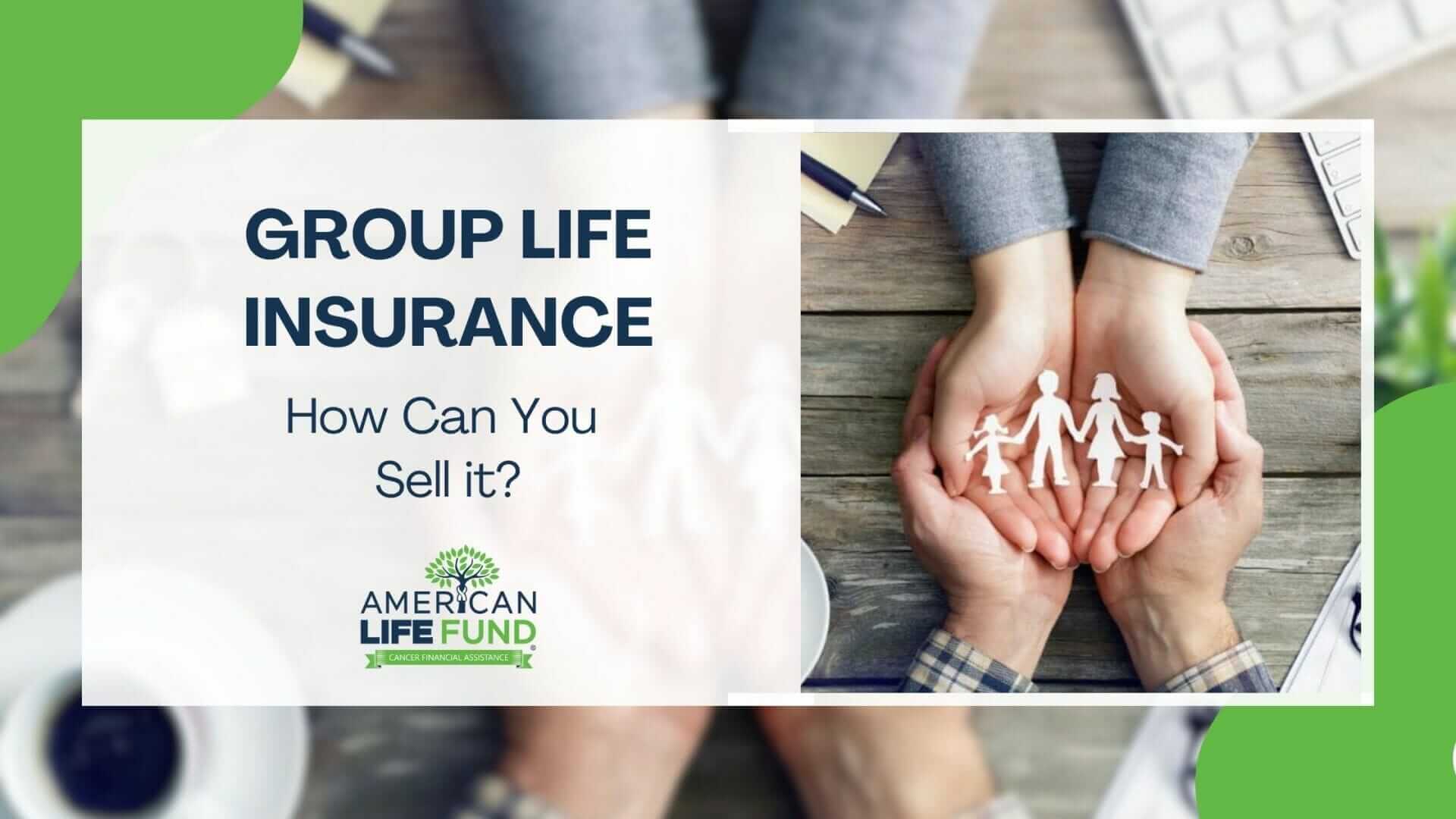If you or someone you care about is dealing with a serious illness and struggling with medical expenses, a viatical settlement could be a helpful option. This arrangement lets you sell your life insurance policy in exchange for a lump-sum cash payment right when you need it most. This cash is usually more than what you’d get if you canceled the policy (cash surrender value) but less than if you waited for the policy to pay out after death (death benefit).
When choosing a viatical settlement, it’s important to work with a trustworthy company. They can guide you through the process and ensure you get a fair deal. Your eligibility for a viatical settlement will depend on how serious your illness is, how long you’ve had your insurance policy, its value, and the type of insurance. With a viatical settlement, you can get the financial freedom to cover your healthcare costs and improve your quality of life during this tough time..
What is a Viatical Settlement?
A viatical settlement is a financial transaction where a life insurance policyholder sells their policy to a third-party investor. In exchange, the policyholder receives a lump-sum cash payment for their life insurance policy that’s less than the policy’s full death benefit but significantly more than its cash surrender value (the amount the insurance company would pay if the policy were canceled).
Viatical settlements can provide much-needed financial relief for individuals facing high medical costs or other financial burdens associated with their illness.
Here’s how a viatical settlement works:
- The Buyer: The third-party buyer, usually either a viatical company, broker, or provider, becomes the policy’s new owner, responsible for paying all future premiums. Upon the original policyholder’s death, the buyer collects the entire death benefit.
- Reasons for Selling: Individuals often consider viatical settlements when they have a life-threatening or chronic illness and require immediate funds. The money can be used to cover medical expenses, long-term care, living costs, or to improve their quality of life during their remaining time.
Working with a reputable viatical settlement company is extremely important for navigating the process and to make sure you receive a fair offer.
Are All Policies Eligible For a Viatical Settlement?
While viatical settlements can be a valuable option for those facing serious health conditions, not all policies will qualify. Here’s a breakdown of the typical eligibility criteria:
- Serious Illness: A viatical settlement is primarily designed for individuals diagnosed with a life-threatening or chronic illness, such as cancer, ALS, heart disease, or advanced stages of HIV/AIDS. The life expectancy of the policyholder is a significant factor in determining eligibility.
- Policy Age: Most viatical settlement companies prefer policies that have been in force for at least two years. This waiting period ensures the policy has accumulated some cash value.
- Policy Value: The minimum face value of the life insurance policy is usually around $200,000. Larger policies tend to result in more substantial payouts.
- Policy Type: Fortunately, most types of life insurance policies can be considered for a viatical settlement. This includes term life, whole life, universal life, and even some group life insurance policies.
Important Note: Eligibility requirements for a viatical settlement can vary between settlement companies.
What Happens to Your Life Insurance Policy?
If you take out a viatical settlement, you no longer have to worry about your life insurance policy. You don’t have to make the premium payments anymore, and you can use the cash you receive however you like. When the insured passes away, the viatical settlement company receives the payout for the life insurance policy.
Viatical Settlement vs. Life Settlement
Although life and viatical settlements may appear to be the same, there are several contrasting features of these deals.
- Life settlements are available to people over75, while viatical settlements are those with serious illness, regardless of age.
- Viatical settlements tend to have a larger payout than life settlements. This can benefit the policyholder because they may have expensive medical bills.
- Most of the time, you won’t have to pay any federal income tax on the money you get from a viatical settlement. Learn more about Viatical Settlement Taxation here.
- You can keep all of the cash. But if you get money from a life settlement instead, you’ll need to include it as income on your taxes. Please consult a tax professional before making decisions.
See our post on viatical settlements vs. life settlements for more information.
What About an Accelerated Death Benefit?
An accelerated death benefit (or ADB) is when an insurance company pays a living policyholder part of the death benefit if they have been diagnosed with a serious illness. While not all policies offer this option, it is something you can inquire about with your insurance company.
However, it is essential that you research this decision fully, as there are several drawbacks to consider. For example, the amount of your death benefit could be taxed, or you may not qualify for Medicaid or other assistance programs.
Pros & Cons of Viatical Settlements
Although viatical settlements can be helpful, they are not always the best option. Weighing the pros and cons are important to see if it may work better for you than other choices.
Here are some benefits you should know:
- You will be given a lump-sum cash payment.
- The money can be used to pay for medical costs.
- The cash is yours to spend on whatever you desire.
- You no longer have to make premium payments.
- The IRS does not tax viatical settlements.
Here are a few cons to be aware of as well:
- You might not be qualified for Medicaid benefits.
- Your beneficiary might not receive any money from the policy.
To find out if this option is right for you, read out page on “Common Reasons For Viatical Settlements.”
What Can I Expect From The Selling Process?
The viatical settlement process is generally straightforward. You will first need to find a viatical settlement company that you trust. Make sure to research, as only some companies are created equal.
Once you have found a reputable company, the next step is to request a free quote. This will estimate how much cash you can expect to receive from selling your policy.
The company will order a life expectancy report if you decide to move forward with the sale. This document is critical as it will be used to determine the value of your policy.
Once the life expectancy report is received and all other medical and policy information is verified, the company will make you an offer for your policy. If you accept the offer, the money will be sent to you as a lump-sum payment.
Choosing a Viatical Settlement Company
There are numerous viatical settlement companies on the market, and you need to choose the company you work with carefully. Ideally, you want to work with a company that specializes in helping cancer patients. That helps to ensure that they understand your situation and provide the help and empathy you need on this journey.
You should choose a viatical company that has a fast and easy process that you can start online from the comfort of your home. To see how other clients feel about the company, take some time to review client testimonials. If other people have enjoyed working with the company, that is a sign that you will benefit from working with that company as well.
Tips to Consider Before Getting a Viatical Settlement
If you are thinking about taking out a viatical settlement, keep the following tips in mind to help ensure that you get the best deal for your financial situation.
- Consult with your tax advisor to determine whether or not your settlement funds will be tax-free. In most cases, a viatical settlement is deemed tax-free.
- If you’re in debt, make sure that your creditors don’t claim your settlement.
- If you’re on public assistance, double-check that the payout won’t affect your benefits.
- Be honest on your application so that you don’t risk losing your settlement.
- Make sure to put the funds in an escrow account for your protection.
Are You Looking to Explore a Viatical Settlement?
Now that you understand the ins and outs of a viatical settlement, you can start planning. But don’t worry; you don’t have to go through this process alone.
American Life Fund is here to help you choose the best viatical settlement payout option. viatical settlement
We understand that you may be overwhelmed with your options, and we want to help you find the best solution for you and your family. Call us at 877-959-5855 or complete our simple form to find out how we can help you today.
If you have any questions, our team is available 24/7.








